Why Privacy Matters Even if You Have Nothing to Hide: Unveiling the Importance
In my over two decades in the IT sector, I’ve witnessed firsthand how the erosion of privacy isn’t just a hypothetical scare; it’s a reality. The argument “if you’ve got nothing to hide, you’ve got nothing to fear” simplifies a complex issues. It’s not about hiding; it’s about the right to control what personal information is out there.
Henry James’s 1888 concerns to today’s digital age, the invasion of privacy has morphed, but the essence remains: privacy matters because it’s about our autonomy. The false tradeoff between privacy and security presents a dilemma that overlooks the nuanced importance of privacy in a democratic society. Sadly most do not understand the long term repercussions of not taking privacy seriously. They willingly overshare anything and everything on social media, including their most intimate private details. These can include travel plans, children details, relationship highs and lows and much more. As a person who has been witnessing the deterioration of one’s privacy throughout the years, seeing some of my friends and aqantiance social media feeds gives me butterflies. Ultimately, all of this information is controlled by third party tech giants.
Living a cabin in the woods or modern society?
Let’s be real and pragmatic about this topic. Unless you’re willing to live off the grid, without being connected to the net, there will be amount of privacy which you will have to give up. The question I want to explore in this article is, how much fits within your risk tolerance by providing you as much information as I can. It is important to not only think about yourself but also your children and future generations.
The Fundamental Right to Privacy
Understanding that privacy is a fundamental right is crucial. It’s not a luxury or a bonus; it’s a cornerstone of our freedom. This right allows us to live, think, and express ourselves freely, without undue interference. At its core, the fundamental right to privacy is the bedrock upon which the edifice of personal freedom and autonomy is built. It enables individuals to navigate the complexities of modern life, providing a sanctuary where thoughts, beliefs, and personal experiences can flourish away from the prying eyes of state surveillance, corporate data mining, or societal judgement. It underpins our very sense of self, allowing for the development of an inner life that is our own, not one shaped or defined by external forces. Moreover, privacy is not just about the individual; it’s a societal pillar that supports the democratic process. It ensures that citizens can participate in public life, express dissent, associate with others, and engage in political activities without the chilling effect of surveillance. This right is fundamental in fostering a vibrant civil society where ideas can be exchanged freely, and democracy can thrive.
The Philosophical Underpinnings of Privacy
The philosophy behind privacy is deeply rooted in the concept of individual autonomy. It’s about having the space to develop our thoughts and personalities without being under constant scrutiny.
Privacy allows individuals to freely explore their beliefs, values, and personal identity without external interference. Without privacy, there could be a stifling effect on intellectual and emotional growth, as well as a potential for manipulation and control by others. Some of us are seeing the early days of the erosion to our privacy now, though it may take years, if not decades for the masses to open their eyes.
Once privacy is taken away, it’ll take a revolution to get it back!
– Opi Jayasinghe
How Privacy Upholds Human Dignity
Privacy is intimately linked to human dignity. It safeguards our innermost thoughts and feelings, allowing us to choose which aspects of our lives we wish to share and which to keep to ourselves. This choice is a fundamental aspect of respecting ourselves and others, serving as a foundation for trust and integrity in our relationships. The choice which most people make is it overshare their inner most personal aspect of their lives with the world, freely without a second thought of a long term impacts. Having said that, it’s their right to do so but also the rights of others to remain private.
Legal Frameworks Protecting Your Privacy
Various legal frameworks have been established to protect our privacy. These laws are meant to shield us from unwarranted intrusions and ensure our personal information is handled respectfully. However, I believe everyone should take personal responsibility for their own privacy.
Relying on the government to protect your privacy is like asking a peeping tom to install your window blinds. – John Perry Barlow
Global Privacy Laws and What They Mean for You
Around the world, global privacy laws like the GDPR in Europe provide a blueprint for protecting personal data, reflecting a growing understanding of privacy interests. These laws empower us by granting rights over our data, such as the right to access, correct, and delete our information. They signify a shift towards recognising the value and importance of our privacy in the digital age. However, just because it’s a law, doesn’t mean big tech companies like Facebook will do their part to protect their user data.
Social Media – Facebook’s Privacy Milestones
- 2018 Cambridge Analytica Scandal: After the Cambridge Analytica scandal, where the data of millions of Facebook users was improperly shared with a third-party firm, Zuckerberg admitted to mistakes in protecting user data and pledged to make changes to prevent similar incidents in the future.
- 2019 Privacy-Focused Vision: In 2019, Zuckerberg announced a “privacy-focused vision” for Facebook, emphasizing the importance of private communication, encryption, and secure data storage. He said, “I believe the future of communication will increasingly shift to private, encrypted services where people can be confident what they say to each other stays secure and their messages and content won’t stick around forever.”
- 2021 Apple iOS Privacy Changes: In response to Apple’s iOS privacy changes that require apps to ask for user permission to track their activity across other apps and websites, Zuckerberg criticised the move, claiming it would harm small businesses and the ad-supported internet ecosystem.
- 2022 Facebook’s Privacy Initiatives: In 2022, Zuckerberg announced several initiatives to improve privacy on Facebook, including end-to-end encryption for all messaging services, enhanced privacy controls, and greater transparency in data collection and usage.
- 2023 Congressional Testimony: In 2023, Zuckerberg testified before Congress about Facebook’s privacy practices and expressed a willingness to work with lawmakers to develop appropriate regulations to protect user data. He said, “I believe that regulation can provide clarity and certainty for the internet, and I am open to working with Congress on the right kind of rules for our industry.”
Despite these commitments, companies like Meta, parent company of Facebook has failed to keep it’s users data safe, time and time again.
Navigating the Digital Age: Privacy in the Spotlight
As we delve deeper into the digital age, the spotlight on privacy intensifies. Our every move online can be tracked, stored, and analysed, making privacy more vulnerable than ever before. These could be social media websites, shopping or apps on your phone.
If you’re serious about minimising the risk, there are simple actions you can take to limit the over reach of these tech companies. One technique is known as browser isolation, meaning you have several browsers installed on your computer. You only use one browser for one specific purpose like visiting Facebook.
I learnt this technique from Rob Braxman, therefore it’s only fitting that you hear it from him personally.
Should I use a VPN?
Short answer is Yes. You can read a full description as to why in this article about the Best VPN. Never get connect to a public wifi without a VPN and never use a Free VPN.
The Pervasive Nature of Online Surveillance
The pervasive nature of online surveillance today would have alarmed even George Orwell, signifying a severe lack of privacy. Our digital footprints are constantly monitored, often without our knowledge or consent, transforming privacy into a precious commodity. Therefore, by us putting some safeguards in ourselves, it helps reduce our online exposure.
Big Data and the Commodification of Personal Information
The era of big data has turned personal information into a commodity. Companies mine and analyse our data to predict our behaviour, often selling these insights to the highest bidder. Have you ever thought about why Mark Zuckerberg would pay $19 billion dollars for Whatsapp, an app which is virtually free for its users? Why did he do this when he can create his own app for a fraction of the price? Have you ever heard of the phrase, “If you’re not paying for the product, you are the product.” All of the metadata from Whatsapp is being used by Meta to sell you more products by building a digital profile of you. Targeted ads are just the tip of the iceberg, revealing how deeply our privacy is compromised for commercial gain.
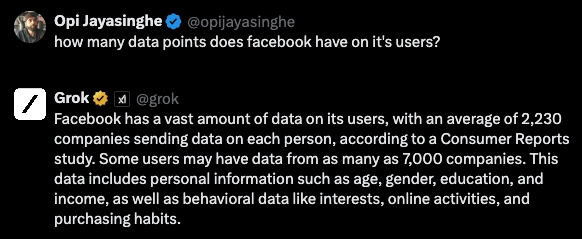
Yes, I do see the irony here because I’m using one Social Meida AI app to get information on another. At this stage, I trust Elon Musk. This may change in the future but he hasn’t done anything yet to undermine this trust.
Have you ever noticed that you’re casually mention to your partner that you’re wanting to buy a new pair of shoes for your daughter’s birthday. This might be verbally or via a Whatsapp message. That night you jump on Facebook or Instagram to find that very same product is now being targeted to you. Coincidence? No, this is exactly why Zuckerberg bought Whatsapp and integrated all of the apps under the one umbrella – Meta.
The Thin Line Between Convenience and Intrusion
In the quest for convenience, we often overlook how much we’re giving up. The line between helpful services and privacy intrusion is blurring, challenging our perceptions of both. As I’ve continued to mention in this article, Social media has played a huge part in this. Some of us are old enough to remember, Friendster and MySpace. Those early days it was basic the basic photos, maybe adding a tune you like and something glamorous for the bio. Now with constant status updates, people choose to update every bit of their existence, so it’s available in the public domain.
The ownership of content published on social media can vary based on the terms of service of each platform. Typically, the original creator of the content retains ownership over their creation. However, by posting content on social media platforms, users often grant the platform a non-exclusive, royalty-free license to use, reproduce, modify, adapt, publish, and display the content. This means that while the user still owns the content, the platform can use it within the scope defined in their terms of service.
How Advertisements and Personalised Content Affect Your Privacy
Advertisements and personalised content, while sometimes useful, underscore a significant privacy tradeoff. By tailoring content based on our online behaviour, companies not only influence our choices but also intrude upon our private thoughts and preferences.
The Broader Consequences of Ignoring Privacy
Ignoring privacy has broader consequences than we might realise. It sets a precedent that undermines our freedoms and paves the way for a surveillance society.
The Slippery Slope: When Small Privacy Invasions Lead to Bigger Issues
Small privacy invasions can quickly snowball into larger issues. Once we become desensitised to minor breaches, it becomes easier to accept more significant invasions of our privacy, thus making the concept of personal privacy all the more critical to uphold.
Case Studies of Privacy Breaches and Their Impact on Society
Looking at case studies of privacy breaches, we see their profound impact on society. Victims often face not just personal repercussions but also broader societal distrust, highlighting the critical importance of safeguarding our privacy.
Privacy as a Collective Concern
Privacy should be viewed as a collective concern, not just an individual one. Protecting privacy safeguards not only our personal freedoms but also the fabric of our democratic society.
Why Your Privacy Matters to the Community and Future Generations
In my two decades in IT, I’ve seen a troubling trend: the erosion of individual privacy. This isn’t just about us. When the government gathers or analyses personal data without stringent checks, it sets a precedent. The nothing-to-hide argument pervades discussions about privacy, but it misses the point. Data-security expert Bruce Schneier and legal scholar Geoffrey Stone have highlighted the broader impact. It’s not just about what’s hidden; it’s about maintaining a society where privacy is respected. Our actions today shape the norms for future generations, emphasising why every individual’s privacy is crucial for the community’s collective well-being.
Empowering Yourself: Strategies for Protecting Your Privacy
Switching to privacy-focused alternatives is easier than many think. In a world where our data is currency, taking control of our digital footprint is empowering.
Technological Tools and Practices for Enhancing Privacy
So if you want to live in the modern world but still not give up all your data and privacy, what can you do? There are simple ways to install out of the box, often open source applications which will dramatically reduce your exposure and increase the level of privacy that you have.
- Brave Browser instead of Chrome. It’s built on the chronimum infrastructure which means you can install Chrome extendsions without any issues.
- Signal instead of Whatsapp – Works exactly like Whatsapp but even the metadata is encrypted.
- ProtonMail instead of Gmail or Outlook – By design, email itself is not 100% secure but using ProtonMail, you’ll get pretty close.
- Brave Search instead of Google of Bing – Brave Search work great as there’s no bias of filter applied to the search results and your search history is not kept by a 3rd party tech company.
Simple changes can significantly impact our online privacy. Opting for tools like Signal instead of WhatsApp, Brave Browser over Chrome, and ProtonMail rather than Gmail or Outlook Mail, alongside using a VPN, are steps anyone can take to safeguard their digital life.
Encrypting Your Digital Life: Simple Steps Everyone Can Take
Encryption is our friend in the digital age. It sounds technical, but it’s quite simple to implement. By encrypting our communications and data, we build a digital fortress around our personal information. This isn’t just for tech experts; everyone can use tools like VPNs and encrypted messaging apps to protect themselves. It’s about making it harder for our data to be exploited without our consent.
Advocating for Stronger Privacy Protections
Advocacy for privacy protections is crucial, as Daniel Solove and other scholars in the field have demonstrated through their work. It’s not just about personal action; it’s about collective change.
How to Engage with Policymakers and Influence Privacy Legislation
Engaging with policymakers might seem daunting, but it’s essential for stronger privacy laws. Start by getting informed on privacy issues. Then, reach out to your representatives with clear, concise messages about why privacy matters. Joining privacy advocacy groups can amplify our voices. Together, we can push for legislation that respects and protects our right to privacy.
A Vision for the Future: Reclaiming Our Right to Privacy
A future where our privacy is valued and protected is possible. We must work towards this goal as a society. There are politicians and other bureaucrats who constantly try to take this away in the name of “your safety”. Those of us who lived through the Pandemic of 2019 know very well how they tried to ‘protect us’ all from a virus which had a survival rate of 99.9%. First time in human history where healthy people were locked down.
“Those who would give up essential Liberty, to purchase a little temporary Safety, deserve neither Liberty nor Safety.”
Ben Franklin
Envisioning a World Where Privacy is Valued and Protected
In my vision for the future, privacy is a cornerstone of society, respected by individuals and institutions alike. This dream isn’t out of reach but requires collective effort and a shift in how we view our digital footprint. We may have very little control over how social media companies and tech giants treat our, but we can actively decide what information we willingly hand over to them. These include our precious memories with our innocent children to our travel plans, locations and highlighting our low points and vulnerabilities for the world to see.
The Role of Innovation in Ensuring Privacy-Friendly Technologies
Innovation plays a key role in securing our privacy. By developing and supporting technologies that prioritise user privacy, we can protect our personal information from unwarranted access. This isn’t just about creating new tools; it’s about ensuring that privacy is a fundamental aspect of all digital products and services. Once it becomes an important requirement from a consumer perspective, this becomes a selling point for software and tool creators.
Building a Privacy-Conscious Society
Building a society that values privacy starts with each of us. By understanding the importance of our personal data and taking steps to protect it, we set a standard for privacy that future generations will inherit.
Education and Awareness as Key Pillars
Educating ourselves and others about the importance of privacy is crucial. Awareness leads to action. By spreading knowledge about how to protect our personal information and why it matters, we empower individuals to make informed decisions about their digital lives. This knowledge is a powerful tool in the fight to reclaim our privacy.
Read more: Why Privacy Matters Even if You Have Nothing to Hide: Unveiling the ImportanceQ: Why does privacy matter even if you have nothing to hide?
A: Privacy matters because everyone deserves to keep their personal information private, regardless of whether they have something to hide. It is a fundamental right to control who gathers or analyses personal information about you.
Q: What is the “nothing to hide” argument?
A: The “nothing to hide” argument is a common retort against privacy advocates. It claims that if you have nothing to hide, you shouldn’t worry about your privacy being invaded. However, this argument is simply not valid.
Q: Who are some notable figures who advocate for privacy matters?
A: Some notable figures who advocate for the importance of privacy include data-security expert Bruce Schneier, legal scholar Geoffrey Stone, and privacy advocates like Rob Braxman, Daniel Solove, Naomi Brockwell, and Edward Snowden.
Q: Can privacy be invaded even if you have ‘nothing to hide’?
A: Yes, privacy can be invaded regardless of whether you have something to hide. Everyone should be concerned about their privacy being compromised, as it is a basic human right.
Q: Why should you worry about privacy even if you claim to have nothing to hide?
A: Even if you claim to have ‘nothing to hide,’ there is something wrong if you are not concerned about your privacy. You deserve to keep your personal information private and secure.
Q: What does legal scholar Geoffrey Stone say about privacy?
A: Legal scholar Geoffrey Stone refers to privacy as a fundamental right that should be protected. He emphasizes the importance of privacy even if individuals claim to have ‘nothing to hide’.
Q: How do advocates argue against the ‘nothing to hide’ argument?
A: Advocates argue that those who attempt to claim they have ‘nothing to hide’ cannot withstand scrutiny. The argument fails to understand the true value and significance of privacy.
Q: Why is the ‘nothing to hide’ argument flawed?
A: The ‘nothing to hide’ argument is flawed because it disregards the importance of privacy in preserving individual freedoms and rights. It fails to recognize that privacy matters regardless of having anything to hide.




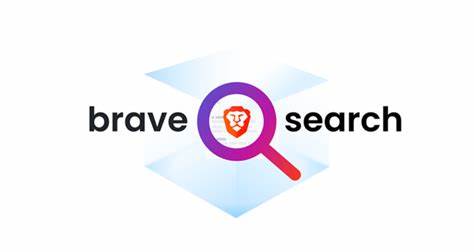
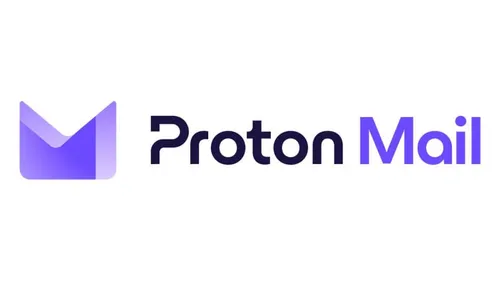





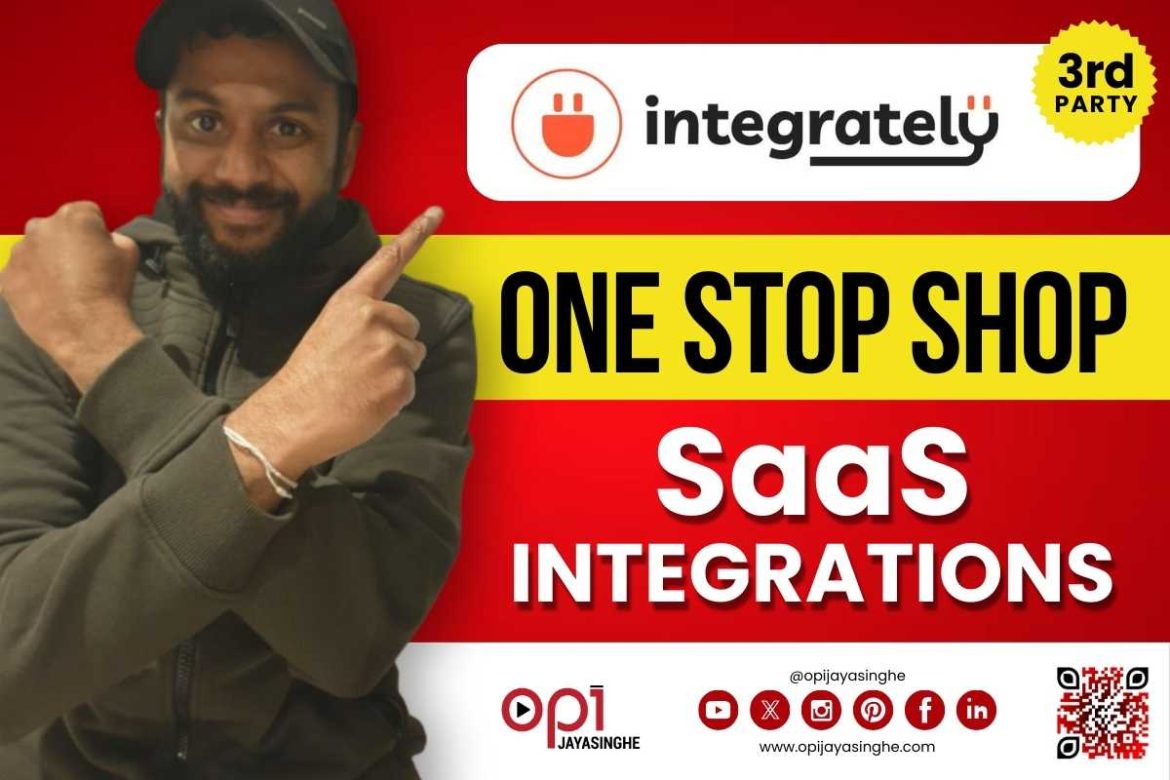
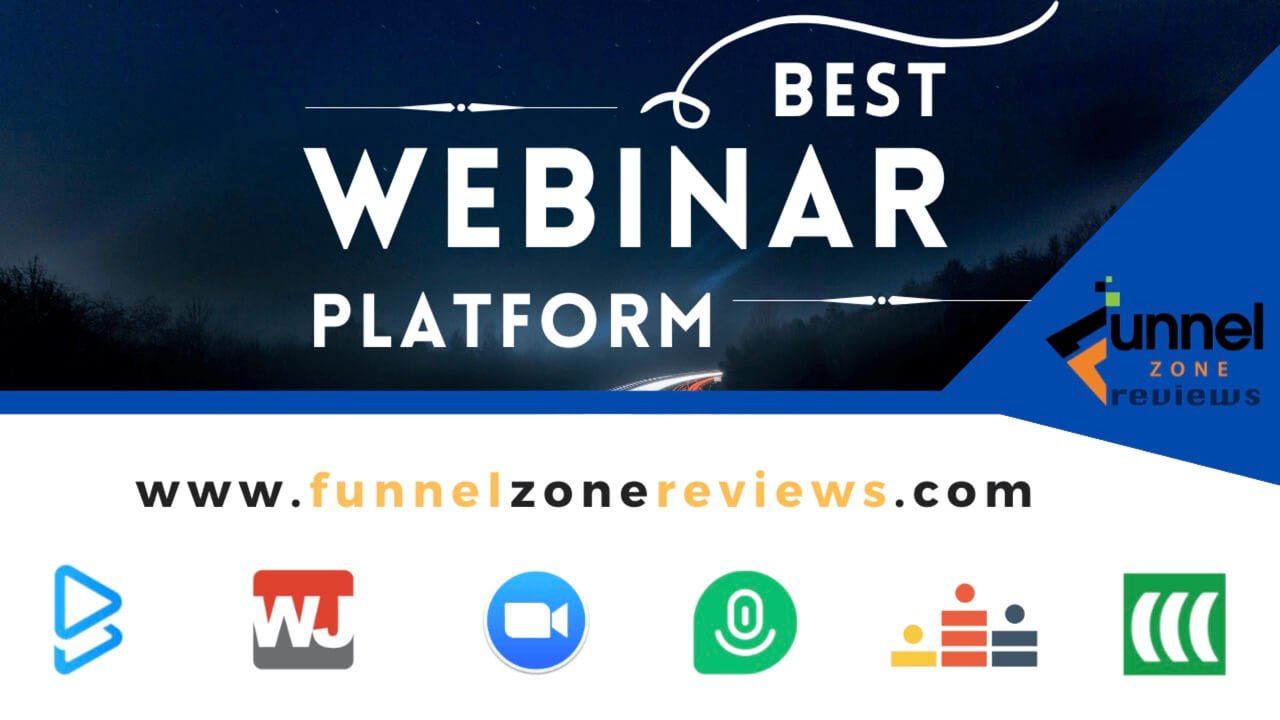




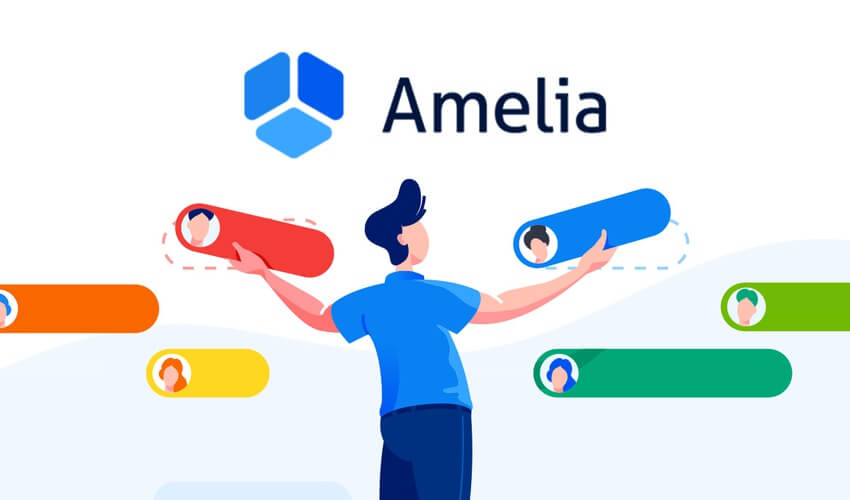
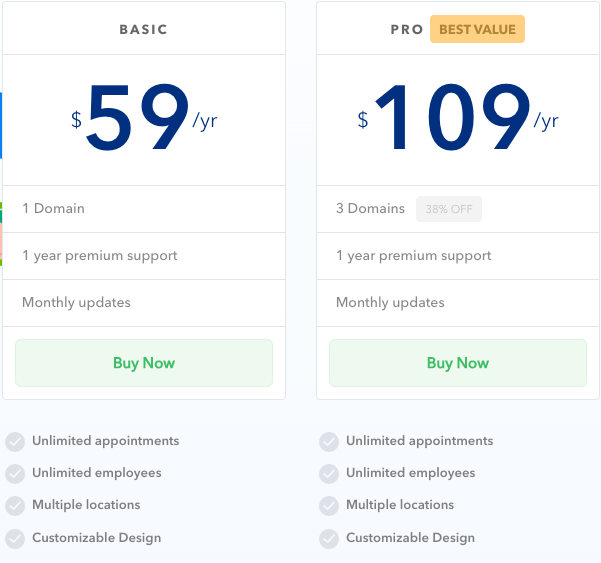
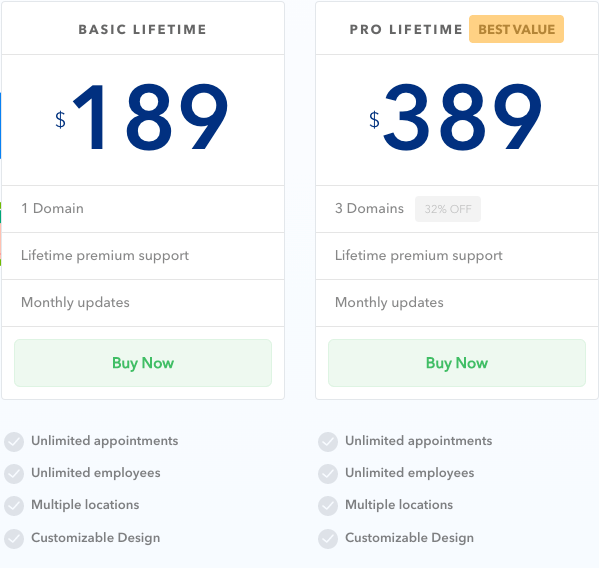



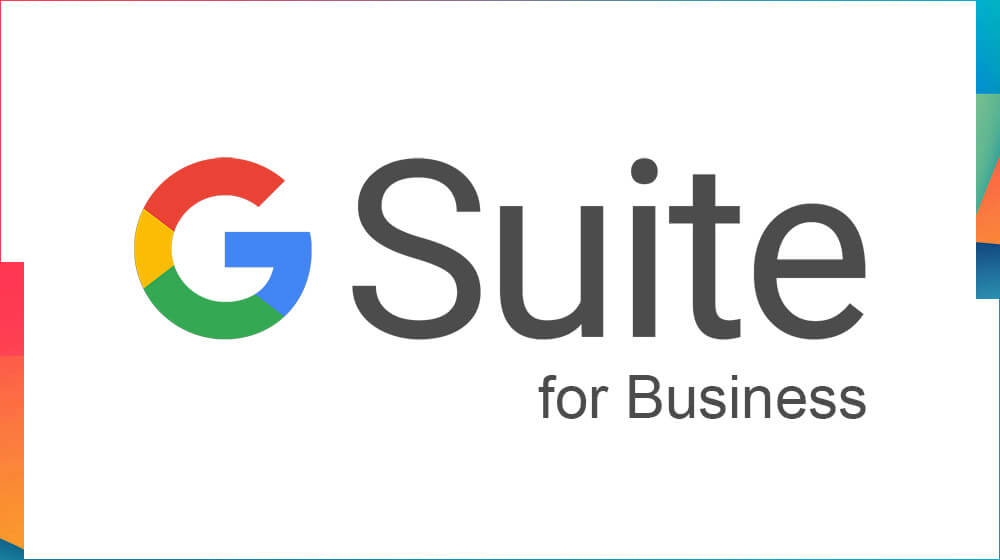 Using canned response on your emails to ensure you’re not writing the same emails over and over again. Hopefully this goes without saying but you should be using a professional email service to send out your emails. If you haven’t got this setup, email has a service for businesses called
Using canned response on your emails to ensure you’re not writing the same emails over and over again. Hopefully this goes without saying but you should be using a professional email service to send out your emails. If you haven’t got this setup, email has a service for businesses called 


